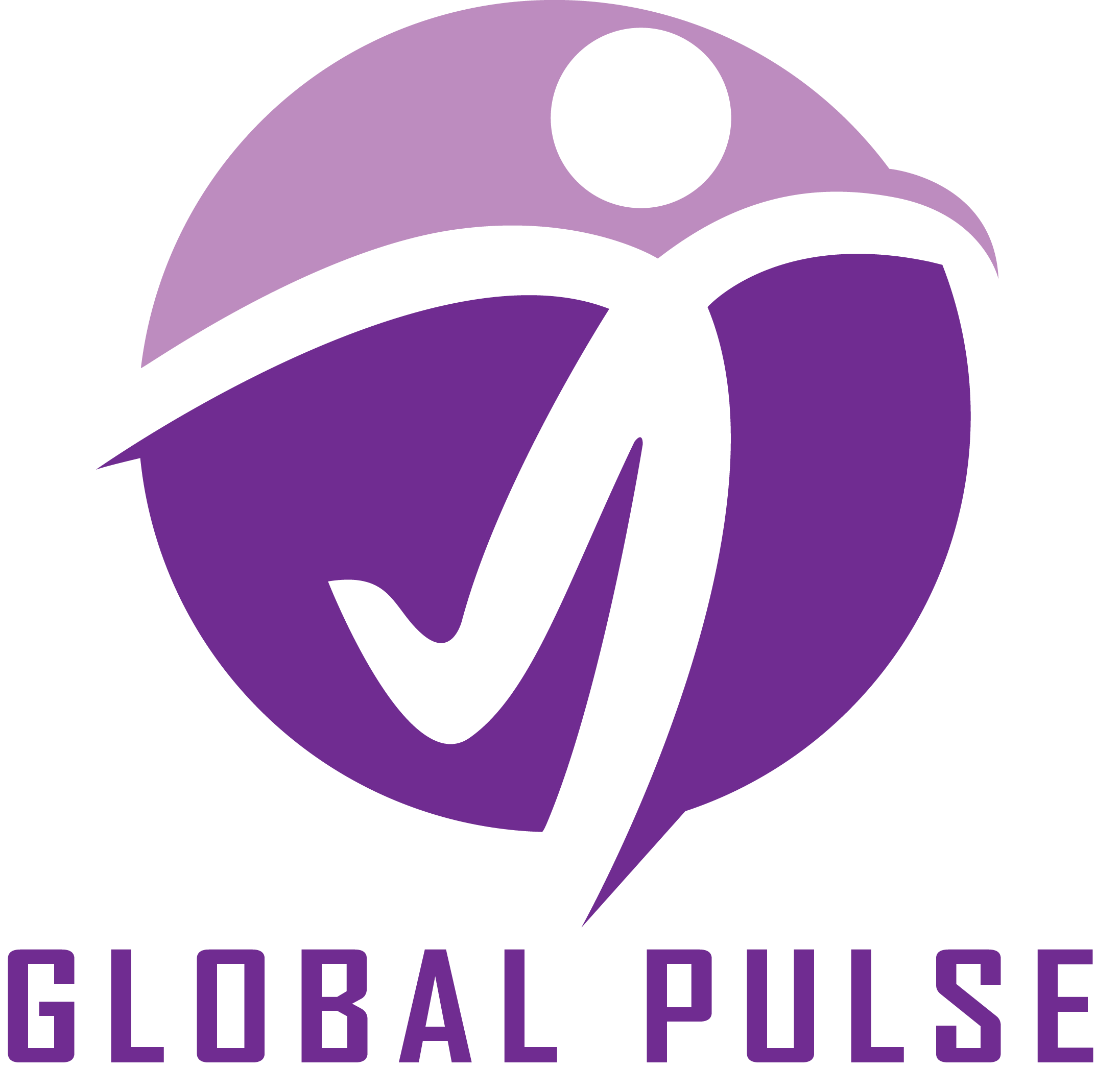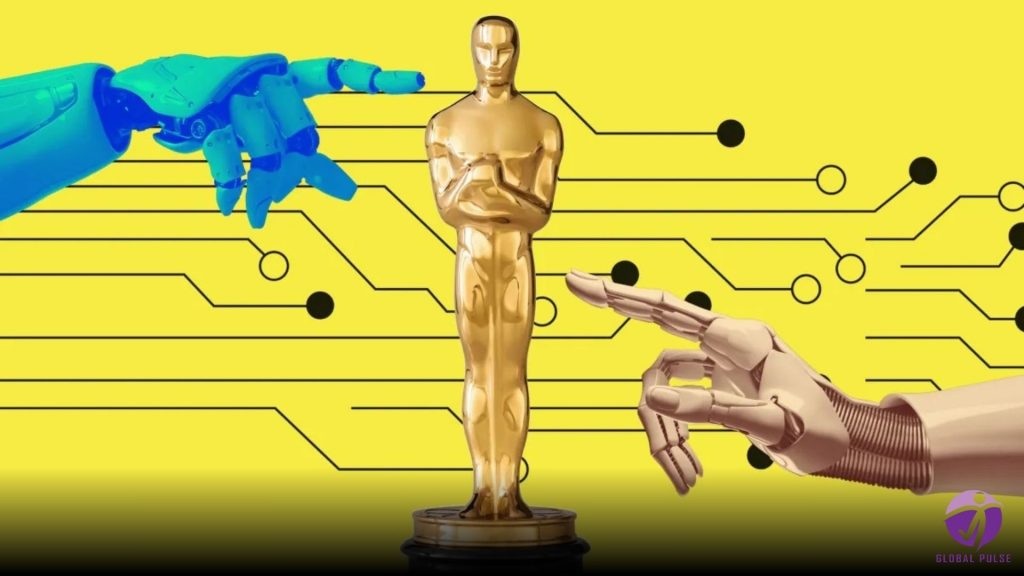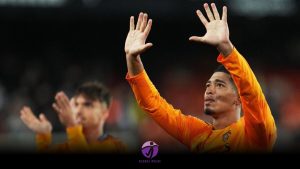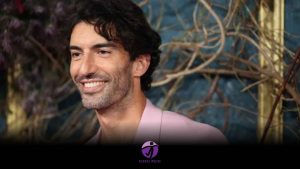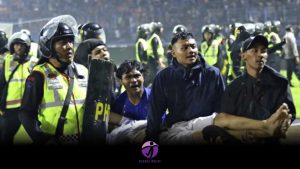According to the Oscars organizers, films created with artificial intelligence (AI) assistance will be eligible to compete for the top awards.
On Monday, the Academy of Motion Picture Arts and Sciences announced new regulations stating that the use of AI and other digital tools would not impact the likelihood of securing a nomination.
In March, generative AI, capable of producing text, images, audio, and video from straightforward prompts, played a significant role in creating films that received prestigious industry awards.The Academy has stated that it will continue to consider human involvement in selecting its winners.
The Academy announced that its updated language regarding eligibility for films created with generative AI tools was advised by its Science and Technology Council.
In a significant update revealed on Monday, Academy members are now required to view all nominated films in each category to participate in the final round of voting that determines the winners.
The integration of artificial intelligence in the film industry has sparked significant discussion, particularly following Adrian Brody’s win for Best Actor for his performance in The Brutalist at the March Oscars.
The film employed generative AI technology to enhance the actor’s Hungarian accent during his dialogue.
Subsequent reports revealed that comparable voice-cloning technology was employed to elevate the singing performances in the Oscar-winning musical Emilia Perez.
The technology’s rapid capacity to modify or replicate an artist’s tone and style, along with its capability to make nuanced alterations to an individual’s appearance, has significantly contributed to its rising popularity in music and film production.
Despite AI’s growing prevalence, the technology continues to spark debate, with artists and actors expressing apprehensions regarding the data used to train these tools and the potential repercussions on their careers.
Issues and constraints
During the 2023 strikes in Hollywood, actors and screenwriters expressed significant concerns about AI’s potential threat to their job security.
Actress Susan Sarandon expressed her concerns during an interview with the BBC while standing in a picket line, stating, “If you can take my face, my body, and my voice and make me say or do something that I had no choice about, that’s not a good thing.”
Screenwriters are concerned that studios may prioritize cost-cutting and efficiency by turning to tools such as OpenAI’s ChatGPT for tasks traditionally handled by humans, including research, treatment development, and script writing.
As the strikes ended, unions and studios reached agreements that included the establishment of safeguards concerning the use of AI.
While certain actors appear to have welcomed the technology, others, including Scarlett Johansson, have raised concerns regarding its potential to facilitate misusing their image or likeness.
In a statement to the BBC in 2024, animators expressed that generative AI tools have not yet reached a level capable of matching the quality of their craftsmanship, particularly when it comes to achieving award-winning standards.
“It resembles the experience of receiving assistance from an inadequate writer,” remarked Jonathan Kendrick, co-founder and chairman of the global streaming platform Rokit Flix.
“While an outline may be produced, the emotional depth required for an Oscar-winning piece is unlikely to be achieved by an AI.”
